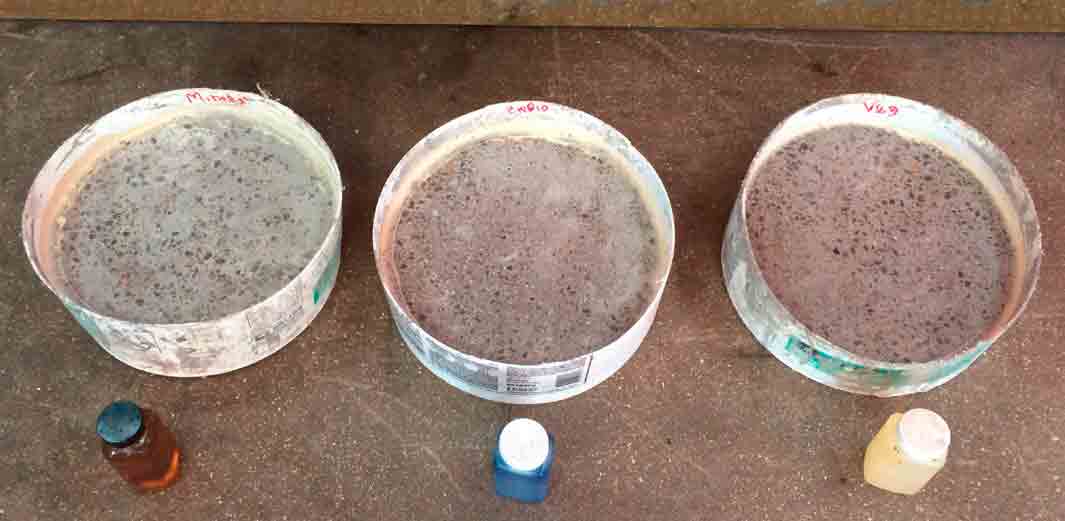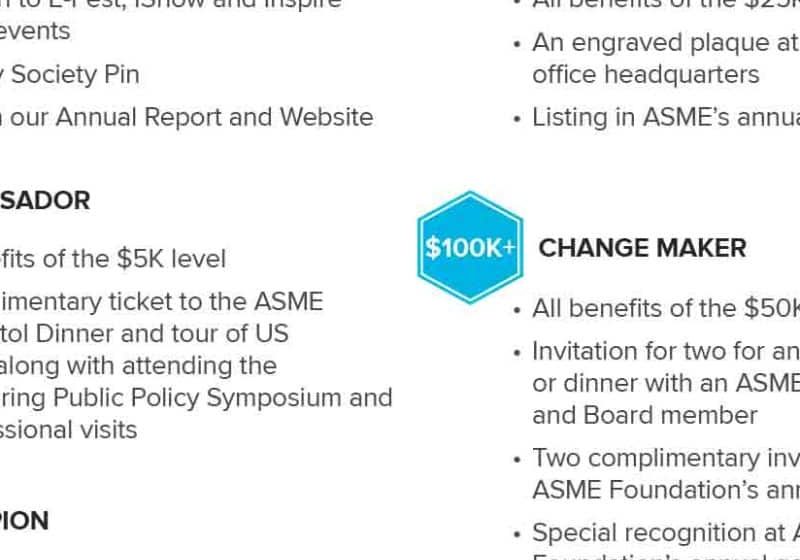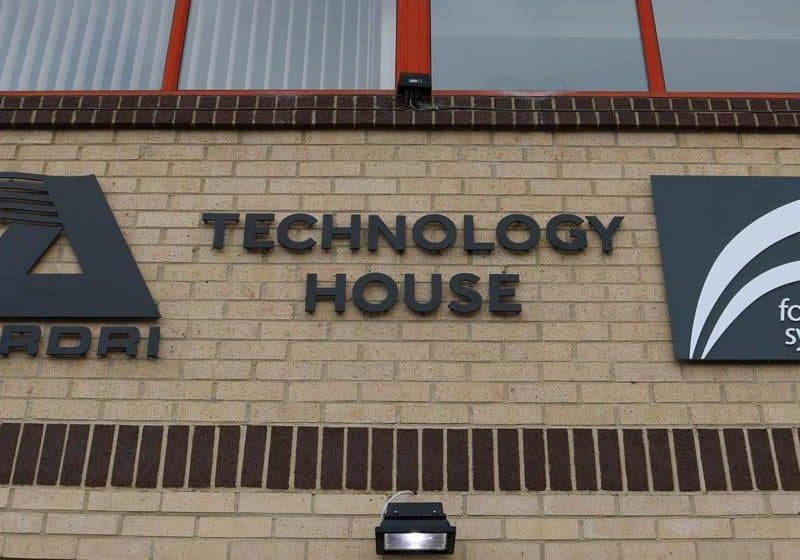A “next-generation fluid” looks to resolve hydraulic problems.
Although hydraulic fluid is the lifeblood of an elevator hydraulic system, little attention is generally given to maintaining that fluid. It is common for maintenance teams to simply add new fluid to an elevator reservoir as old fluid leaks from the shaft. It is estimated that almost 80% of all hydraulic equipment failures are associated with the system’s hydraulic fluid. Mineral-oil products have been the primary choice for fluid since the hydraulic elevator was developed. Over the past 20 years, there has been a push throughout the industry to use environmentally acceptable lubricants. This has led to the promotion and use of natural esters (bio-based/vegetable oils) and blends. While these types of products have been championed as the industry’s solution, practical use has shown them to be used with little success, having been found to cause the same negative effects on the environment as the petroleum-based products they seek to replace.
Most of the problems associated with elevator hydraulic systems are because they are not closed and become susceptible to environmental elements, such as water and dirt, which play havoc with the hydraulic fluid. These contaminants can cause increased oxidation of the fluid, which leads to several issues that are of critical long-term importance. Sludge and varnish will begin to form, and that causes an increase in the viscosity at lower temperatures and a decrease in viscosity at higher temperatures. These changes in viscosity can alter the transition and leveling times of the elevator, resulting in excessive heating and further oil oxidation at a faster rate. Reservoir fluid temperatures exceeding 130°F will also dramatically increase this process. Varnishing on the cylinders removes the asperities (the rough edges on the cylinders’ surfaces), which can lead to chattering. These factors will lead to critical system problems that will require the elevator to be taken offline and cost a significant amount of money to repair.
These issues occur at a much faster rate with vegetable oils and vegetable-based blends, because they are even more susceptible to water; they break down to an acid and alcohol, which leads to seal failures and excessive component wear. Natural esters can be good lubricants in the right application but should not be used where water contamination occurs, such as the moisture-rich environments of most elevator machine rooms and hoistways. Testing from a major component manufacturer has shown that as little as 250 parts per million (ppm) of water in vegetable oils and 500 ppm of water in mineral oil can cause these problems. When a piston seal fails, and oil spills onto the ground, it begins a long and costly process to clean up properly.
While natural esters and blends have been championed as the industry’s solution, practical use has shown them to be used with little success, having been found to cause the same negative effects on the environment as the petroleum-based products they seek to replace.
With these issues in mind, EnBio Industries specifically created a patented eco-friendly hydraulic fluid for the elevator industry that will dramatically increase the life of the equipment and lower maintenance costs. Developed with the assistance and feedback of several of the largest elevator component manufacturers in the U.S., EnBio EL creates more stability within the hydraulic system. Great stability will increase the user’s ride quality with shorter upward flight and leveling times, as well as softer upward transition rates with pressure and oil-temperature changes. When a system is transitioned from another type of hydraulic fluid, EnBio EL immediately begins to dissolve the sludge and varnish buildup left behind from the previous fluid, making a cleaner and more efficient system.
EnBio EL hydraulic also provides the following benefits:
- Oxidation test data has shown that EnBio EL will last two to four times longer than mineral-oil products and five to 10 times longer than vegetable oil/vegetable-based blends.
- EnBio EL can tolerate up to 10,000 ppm of water without adverse effect on the performance and viscosity of the fluid.
- Higher lubricity allows for a more efficient system and lower operating temperatures, which means reduced energy consumption.
- No sludge or varnish buildup occurs, even if there is oxidation. Sludge and varnish from previous fluids will also be dissolved by EnBio EL.
- A very high viscosity index minimizes changes in viscosity at the fluid’s operating temperature, which leads to a smoother ride, higher pump efficiency and fewer valve adjustments.
- EnBio EL has a low coefficient of friction and high film thickness and boundary lubrication, resulting in less wear on components and lower operating temperatures.
- When a leak occurs, the fluid has less penetration into the concrete and will not leave stains or create an odor.
- EnBio EL is nontoxic to plant or animal life and will not form a sheen or sludge if it enters a water source. A hazardous-response cleanup is not required following a spill.
EnBio EL is intended for maintenance contractors and owners who want to solve their hydraulic-fluid-related problems. The product will last longer, eliminate sludge and varnish, and alleviate the problems they cause. The fluid’s chemistry also makes it environmentally safe, which means the inevitable spills do not have to cause major headaches. Above all, EnBio EL will enhance a user’s ride quality. These factors make it the next generation of elevator hydraulic fluids.
References
[1] Noria. “Causes of Hydraulic Pump Failures,” Machinery Lubrication, accessed December 7, 2017 (www.machinerylubrication.com/Read/29541/hydraulic-pump-failures).
[2] Environmental Protection Agency. “Vegetable Oils and Animal Fats,” accessed October 1, 2017 (www.epa.gov/emergency-response/vegetable-oils-and-animal-fats).
a Final Consumidas en el Sector de Edificios en España,” January 2016.
Get more of Elevator World. Sign up for our free e-newsletter.













